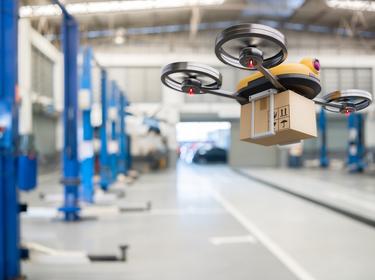Skill Development
Workers need to acquire relevant skills through education or experience to survive and thrive in the economy. The center's work shows why and how employers, education and training institutions, and workers can collaborate to make skill acquisition a priority in a rapidly changing world.




